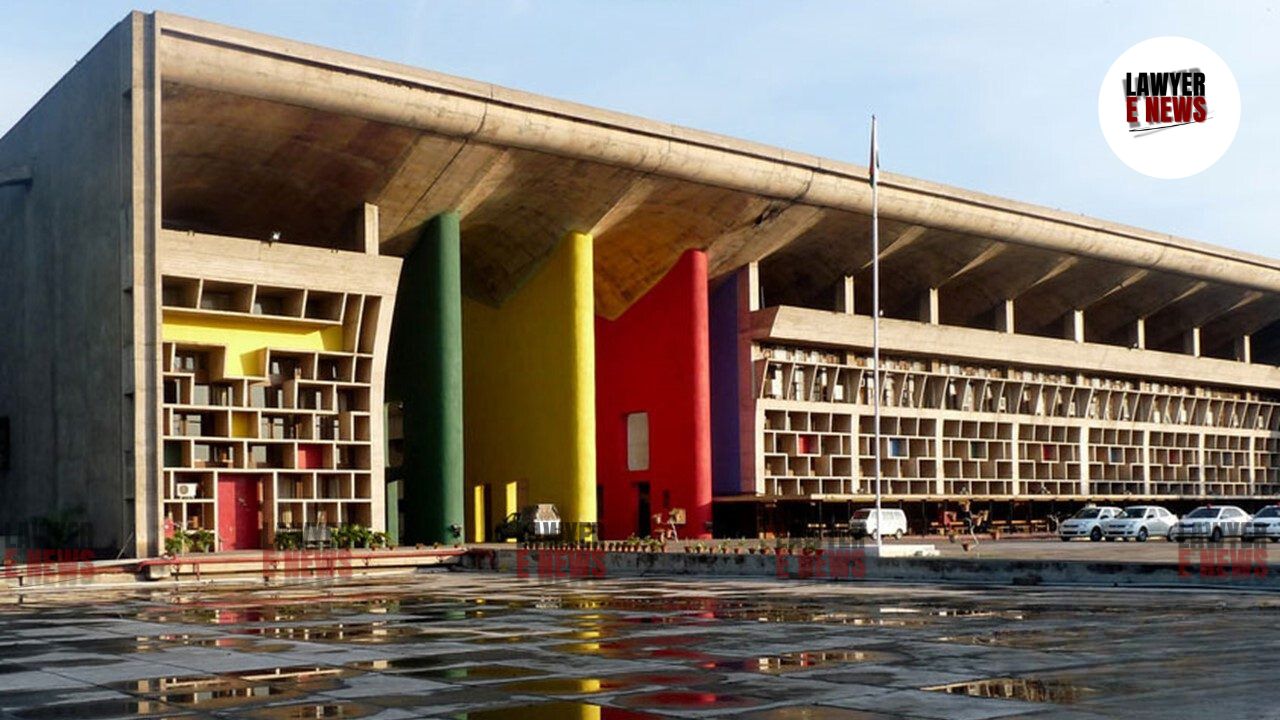-
by Admin
15 February 2026 5:35 AM



High Court affirms plaintiffs' ownership, dismisses adverse possession claims, and highlights jurisdiction of civil courts. The Punjab and Haryana High Court has delivered a pivotal judgment, reaffirming the plaintiffs' ownership of agricultural land in a dispute involving claims of adverse possession. Justice Deepak Gupta decreed in favor of Mukhtiar Singh and others, overturning the First Appellate Court's findings and dismissing the adverse possession claims of the defendants. The court emphasized the importance of jurisdiction and the impermissibility of findings beyond pleadings.
The litigation involved multiple appeals arising from two civil suits for possession of agricultural land. Plaintiffs Mukhtiar Singh and others sought possession of their land in Village Adhoya, Tehsil Pehowa, District Kurukshetra, against Kartar Singh, Harnam Singh, and Shingara Singh, who claimed ownership by adverse possession.
Civil Suit No. 756 of 1985: Plaintiffs claimed possession of 56 kanal 14 marla of land against Kartar Singh and Harnam Singh.
Civil Suit No. 806 of 1985: Plaintiffs sought possession of 8 kanal of land against Shingara Singh.
The trial court decreed both suits in favor of the plaintiffs, establishing their ownership and rejecting the defendants' claims of adverse possession. The defendants appealed, and the First Appellate Court upheld the plaintiffs' ownership but found the defendants to be tenants, thereby limiting the civil court's jurisdiction. This led to the current Regular Second Appeals.
The High Court meticulously examined the defendants' adverse possession claims, emphasizing that these claims inherently acknowledge the plaintiffs' ownership. The court cited the Supreme Court's decision in Karnataka Board of Wakf vs. Government of India, which asserts that adverse possession claims must be hostile, visible, and continuous, none of which were satisfactorily proven by the defendants.
Justice Deepak Gupta criticized the First Appellate Court for its finding that the defendants were tenants, a claim never pleaded or evidenced by the defendants. The High Court underscored the principle that courts must not travel beyond the pleadings and evidence presented. This reasoning aligns with the precedent set in Munshi and others vs. Ram Singh, where the appellate court's unauthorized findings were similarly overturned.
The court referred to Ganesh Dutt vs. Molu Ram, reiterating that a denial of the landlord's title, even in written statements, constitutes forfeiture of tenancy rights, thus empowering civil courts to entertain possession suits. The judgment affirmed that civil courts possess jurisdiction in cases where defendants denounce the title of plaintiffs, as occurred here.
Justice Deepak Gupta observed, "The defendants' claim of adverse possession inherently admits the plaintiffs' ownership, negating any tenancy rights and affirming the civil court's jurisdiction to decree possession."
The Punjab and Haryana High Court's judgment reinstates the plaintiffs' right to possession of the disputed land, providing clarity on adverse possession and jurisdictional issues. By overturning the First Appellate Court's erroneous findings, the High Court reinforces the integrity of property rights and judicial procedures. This ruling is anticipated to have significant implications for similar cases, ensuring adherence to established legal principles and evidentiary standards.
Date of Decision: July 2, 2024
